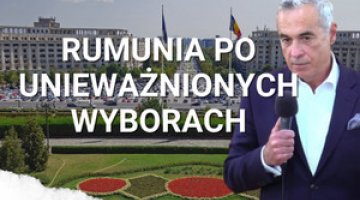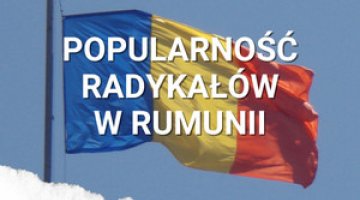Romania: increasingly compatible cohabitation
In mid-May, the centre-right President Traian Basescu authorised Prime Minister Victor Ponta to represent the country at the European Council summit on 22 May. Up to that point, the question of who was to participate at international summits had been the subject of intense debate between the president’s camp and the centre-left government of the Social-Liberal Union coalition (USL). Although the Constitutional Court had taken the president’s side in the dispute, Prime Minister Ponta had consistently criticised this stance, and argued that such decisions should lie with the head of government.
In mid-May, President Basescu also approved appointments to key positions in the Attorney General’s Office and the institutions to fight corruption and organised crime; the President had previously blocked the candidates nominated by Ponta’s government, but changed his mind when the nominations were found to include Laura Kovesi, a former Attorney General (2006-2012), who has been praised by both the head of state and the European Commission.
Commentary
- Since the December elections, in which the USL acquired a constitutional majority in parliament, relations between Prime Minister Ponta and President Basescu have gradually improved. After the failure to impeach the president in mid-2012, due to a low turnout in the referendum, Prime Minister Ponta concluded that prolonging the conflict with the president would not bring him any advantages. Attempts to dismiss the president were fruitless, and the main result was the rapid deterioration of the government’s image in the West.
- A year and a half before the end of his second term, Basescu has adopted a more conciliatory attitude, as he tries to maintain his influence in the public administration and improve his image. He is being helped in this by the Ponta government’s continuation of current trends in foreign and domestic policy. The ‘trans-Atlantic’ course is being maintained, and close attention is being paid to relations with the United States; co-operation with the International Monetary Fund has been extended, and the earlier idea of banning shale gas exploration has been dropped.
- Divisions within the ruling USL bloc are deepening, due to differences between its constituent groups and the ambitions of their leaders. The centre-right National Liberal Party (PNL) of Senate leader Crin Antonescu has also criticised Prime Minister Ponta of the Social Democratic Party (PSD) for his policy of rapprochement with the president. Tensions in the USL will further strengthen the PM’s desire to cooperate with the president, as if the USL collapses, President Basescu will have a significant impact on the emergence of a new coalition (due to his prerogative of nominating a candidate for prime minister).
- New heads of the prosecution and anti-corruption bodies have been appointed after informal consultation between the president and prime minister, although not in open competition as the European Commission had recommended. Nevertheless, we need not expect relations between the Commission and Bucharest to become any worse. After all, Romanian law was not violated, and the appointments will serve to stabilise the political situation, which Brussels has assessed positively.




